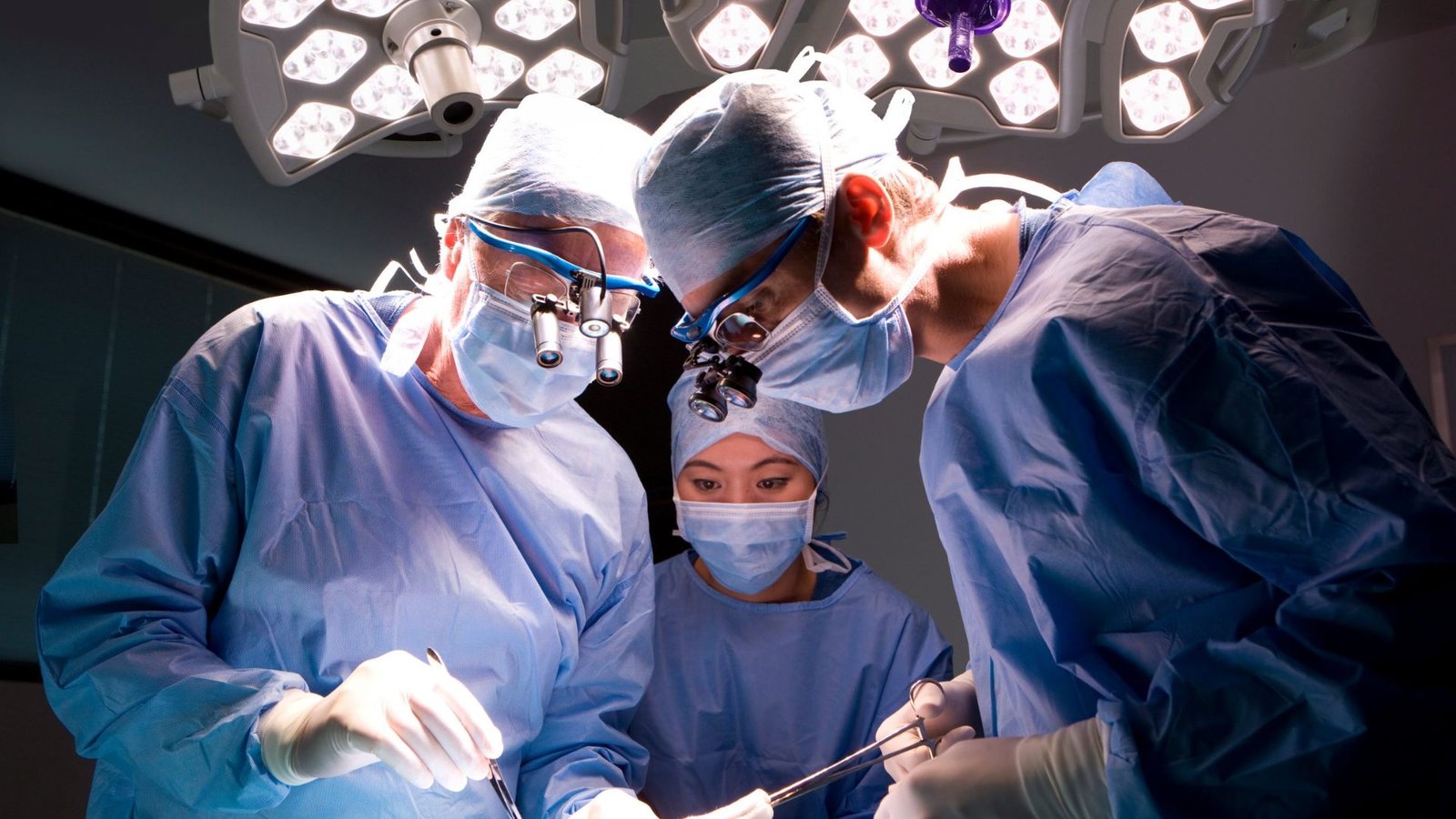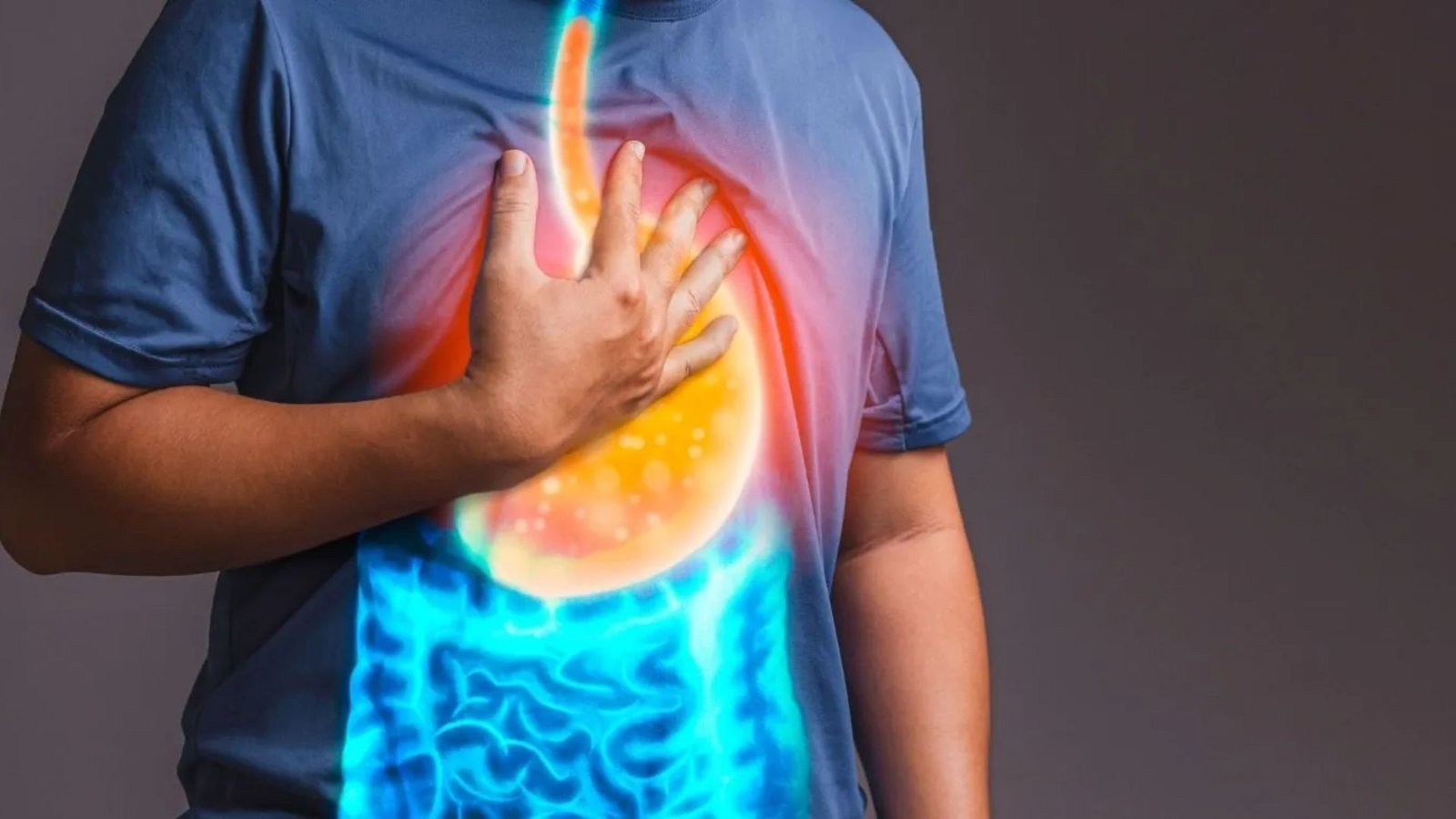GERD is a long-term, chronic condition of the oesophagus that can cause pain, inflammation, scarring (fibrosis), stricture, and bleeding. Although lifestyle and medical management are effective for most cases, surgery may occasionally be beneficial in severe cases. Newer minimally invasive surgical technologies have significantly lower morbidity and a quick return to normal life for GERD patients. The most recent successes in gastroesophageal reflux treatment in dubai, led by skilled Gastroesophageal Reflux Surgeons, will also be discussed, highlighting how they have evolved the care of patients.

Laparoscopic Fundoplication (no long term)
Fundoplication is a proven surgical method used to help the lower oesophageal sphincter prevent acid reflux. Laparoscopic techniques have rendered this surgery almost an outpatient procedure, with minimal incisions performed by gastroesophageal reflux surgeons.
Using a laparoscopic approach is associated with advantages such as faster recovery times, less scarring and lower postoperative pain. Compared to an open surgical procedure, patients will recover more quickly from a laparoscopic fundoplication with minimal interference in their lives. It is one of, if not the most successful, permanent solutions to ridding yourself of GERD symptoms that won’t go away even with medication.
Scheduled for Published LINX; Magnetic Sphincter Augmentation
The LINX is a groundbreaking breakthrough in GERD surgery. The device is a string of magnetic beads — each about 1 millimetre thick — that is surgically placed around the lower oesophagus to help prevent reflux. The beads are attracted to each other, so the sphincter can close, preventing acid from backing up into the oesophagus, but it does allow food to pass through.
This is why it is so beloved by GERD surgeons, as it works perfectly for the effective treatment of gastroesophageal reflux. The procedure can be done laparoscopically, and patients usually experience rapid symptom relief. LINX provides a semi-lengthy, less permanent solution that many patients are looking for (and reversible at the same time).
Non-Surgical Options — Endoscopic Procedures
Endoscopic procedures are effective for patients who wish to avoid traditional surgery. Transoral Incisionless Fundoplication (TIF): Performed trans orally using an endoscope, this new procedure is one of the most promising. This method does not require any incisions from the outside and provides a more rapid recovery.
The TIF procedure creates a valve at the junction of the oesophagus and stomach to stop acid reflux and rebuild the barrier that prevents acid from escaping your stomach. This is a very popular choice among patients, as it causes no problems in invasive procedures, has little recapture time, and is good at reducing GERD symptoms.

Why Dr Ali Is the Expert You Want for Your Surgeon
Because of the rapid and dynamic changes in GERD surgery, it is important to see a high-level and experienced gastroesophageal reflux surgeon who can offer individualized care. Dr Ali is one of the top gastroesophageal reflux surgeons and utilizes state-of-the-art treatments with breakthrough surgical methodological advancements. The range of options available in his practice means that patients have access to the highest level of care for their condition, whether as a traditional method or an advanced procedure.
With GERD treatments constantly evolving, Dr Ali provides the latest and most advanced individualized care options for each individual person to meet their unique needs. If you need laparoscopic fundoplication, LINX procedure, or repair from an endoscopic approach, Dr Ali is the choice for you to guarantee GERD surgery is of the most benefit.

Leave a Reply